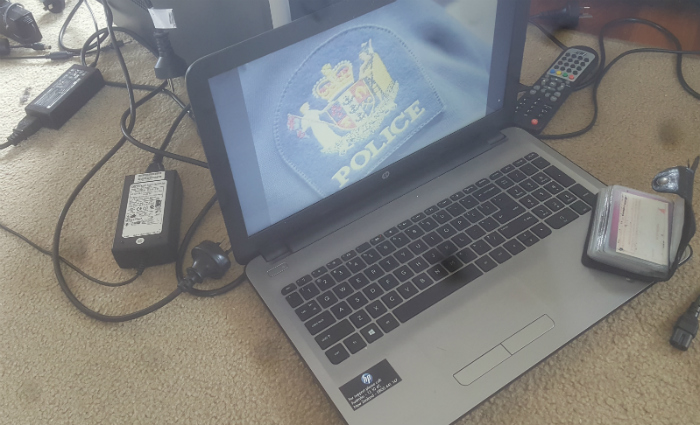Online security consultant NordVPN has issued a list of six online security resolutions to keep businesses safe, saying that they focus on best-practice for browsing and social media use.
Experts contend that cybersecurity threats will worsen in 2018, with individual internet users, as well as businesses, to experience a rising number of breaches, including ransomware attacks, phishing emails and WiFi hacks.
The first item on the list is public WiFi safety. NordVPN says, “As the number of public Wi-Fi scams only seems to be increasing, it shows that people and businesses do not treat their online security seriously.
“Hackers can position themselves as hotspots, and use wireless sniffers to capture data or watch over a shoulder to memorise passwords. It is important to be vigilant when using public WiFi, to use a firewall and to install a VPN, which encrypts information shared online into a secure tunnel.”
A VPN, or Virtual Private Network, works by encrypting your IP address, obscuring your identity, location, and browsing from outside agents so that you are not identifiable online, by using a private network to intermediate between your computer and the internet.
The next item is password strength. NordVPN says, “Perhaps the most basic requirement for any online account set up is using strong passwords. Weak passwords make it simple for hackers to break into your account and cause severe damage to you. It is advisable to use one of password management tools that generate unique passwords for each account.”
Randomised letters and numerals, with characters, and a combination of lower and upper case letters are best. Next, ensure websites are secure when making purchases. NordVPN explains, “The first thing you should always see while making an online payment is whether the payment gateway has an https URL. The s in the URL means that it is a secure protocol and your data is encrypted properly. Also, whenever a website requests more information than is normally required, like your social security number or any other kind of personal information, it usually spells fraud. You should always be cautious before giving your personal or financial details anywhere on the internet.”
Number four on the list, links, means hackers will often send an email with an infected link, so NordVPN says make sure you have a legitimate email and link before clicking the mouse.
Number five: ensure you don ‘tovershare on social media. NordVPN says, “Each time a social media user announces that they are in the Caribbean with the family, it is a signal that their home is empty. Or when a user says they are leaving town, there might be a wide audience reading that. It is wiser to wait till you get home to post holiday pictures. Never share your personal address or phone number on social media, adjust your setting to private, and realise that everything you share online, will stay there.”
The final item on the list is software and security updates. As NordVPN explains, “Security updates are there for a reason. Damage done by the last year’s ransomware attacks could have been mitigated if only devices would have been kept up to date.”
“It is also highly recommended to use online privacy tools, such as VPNs, which encrypt all the information that is being shared between the user and VPN server. NordVPN helps secure browsing the internet with its modern security protocols and no-logs policy.”


